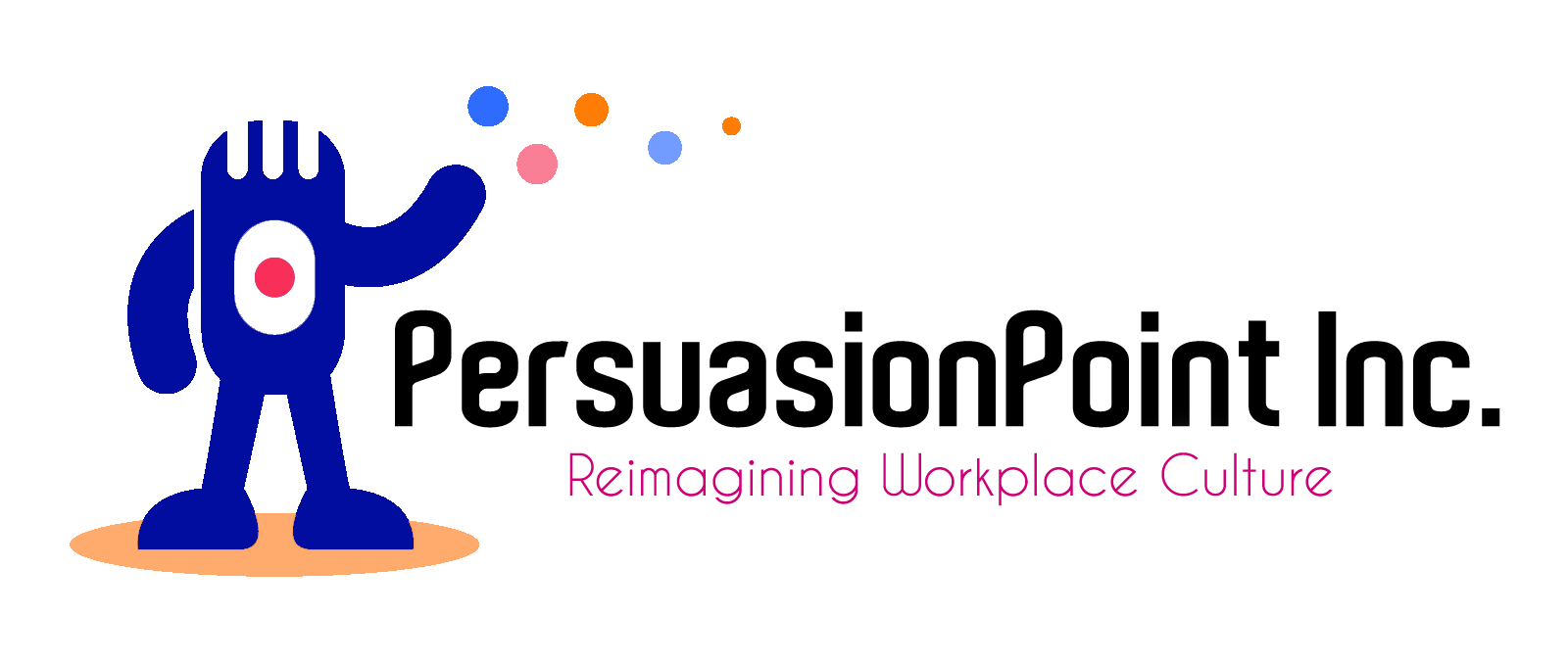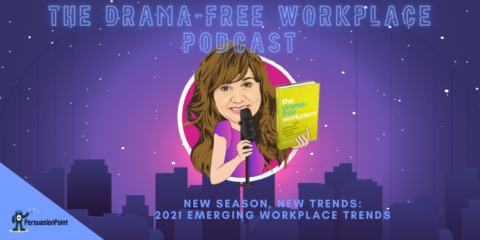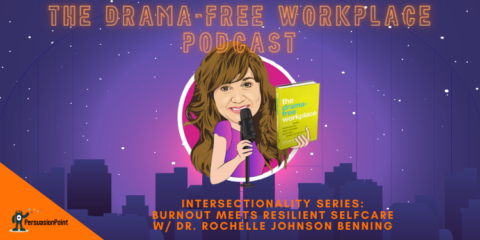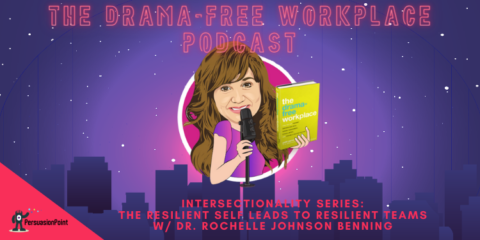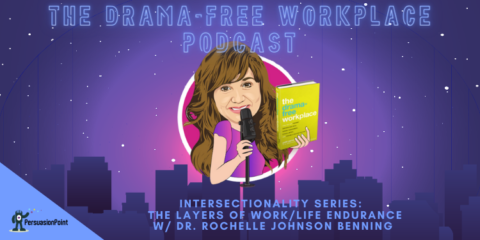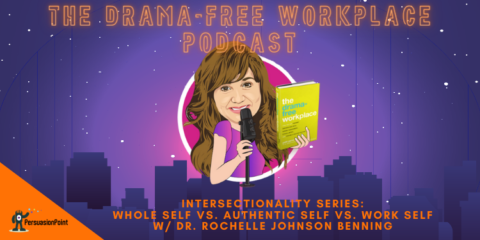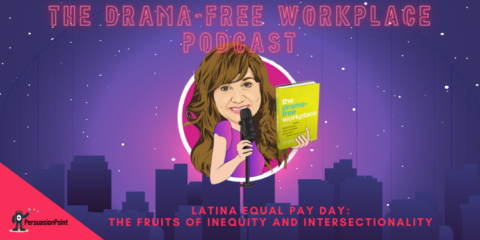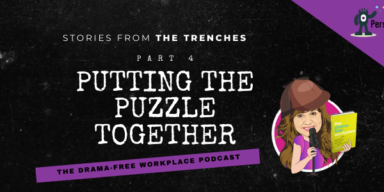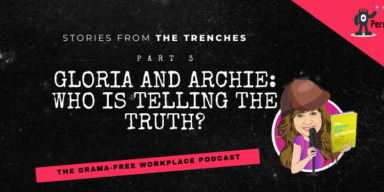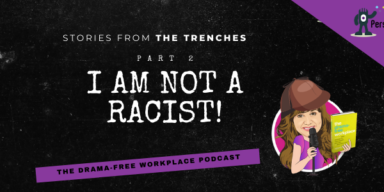Written by Jenn Treado
This article is part of our Alive After ‘85 Series | This is part 2 of 3
The writer (hi, hello!) of this blog post comes to the topic of flexible workplace opportunity from a place of white, cishet, able-bodied female privilege. The experiences relayed here do not count for the experiences of everyone, and should never be assumed to be the case. While these experiences were not without effort, there was ease granted because of privilege and what one does with their privilege is always top of mind for the writer.
Welcome back! In the last tip, I recounted why looking at your organization structures from a growth perspective and mindset over a stability framework might help your organization retain younger workers.
This tip, we’re going to talk about money (don’t cringe, it’s going to be ok!).
Compensation → Equitability
I grew up hearing,“If the pay is good, why would you ever leave?” And still, to this day, my parents are confused – and worried more often than not – about my career habits
The information I am about to divulge is in alignment with my value on transparency in pay. If it makes you uncomfortable, I only ask that you ask yourself why. BONUS TIP: Pay transparency can be a leading factor in creating authentic trust within an organization, boosting productivity and satisfaction, and a step toward closing the pay gap.
Since starting to work at age 13 (I’m 32 at the time of this writing), I have bounced from minimum wage ($6.15/hour in the state I grew up in) to $15/hour, from $19/hour back down to $11/hour, then up to $65,000 annually, and currently sit at $25-$60/hour depending on the client and contract. This doesn’t include the numerous temp jobs I have worked to get by in between the “big shifts”.
Did I have to go this route? Nope. I could have stayed at any of the places I’ve worked (public education or government institutions; only recently have I entered the private sector in my career), and watch my direct deposit go through every two weeks.
But, it’s not about the pay. It’s about the type of work performed and the values of those I work with. It’s about being seen and valued for my unique contribution as an individual, not as another timesheet to chase and paycheck to sign off on.
My last office job, the one that paid the most and offered the most stability, was also the one I became physically ill from. To quote a too-common cry of younger workers and women workers, I was working the job of two people. I was full-time administrative assistant and full-time marketing assistant, with the title of Communications Specialist. And, during my time at this organization, my salary went from starting $55,000 to $65,000 in less than 9 months without my asking.
Of course, it was a public position so there was some budget and policy stuff going on in the background. But, I fully believe there was also a level of, “We know people are overworked. We know we’re losing talent. Let’s find the money in the budget to pay them more.”
Now, my smaller team and mentors always encouraged clocking out at 5 and protecting your time. Which I appreciated. But, at the end of the day the work still had to be done and no matter how hard of a worker I was, I couldn’t fit two full-time jobs into 40 hours. (Not to mention, I am a jill-of-all-trades. You ask me to do something, I’ll figure it out because I have a background that stretches from fine arts to nerdy tech. This means I quickly become the “go-to” tech support for my teams and the liaison between my department and marketing, QA and testing, etc…).
My health began to suffer. My teeth were rotting and my hair was falling out. That’s not hyperbole and I’m happy to “show receipts”. I loved the work I was performing. It was honest, and valuable to my community. But, work where I’m compensated well at the expense of my physical health no longer interests me.
Tip #2
Fair pay is the floor, not the ceiling. Throwing money at a problem is an old-fashioned solution to solving a new problem and is, at best, a bandaid.
One of my favorite quotes from The Drama-Free Workplace is the food-poisoning analogy. Not getting food poisoning is the base-level expectation when you dine out. A better measure of excellence is a restaurant that promises a fantastic atmosphere, great service and delicious food. Similarly, being compensated fairly for time, effort, and expertise is the base-level expectation when I perform work.
We have a phrase for this tip already. It’s called taking a look at your “total compensation package”. This somewhat overlaps with the next point, benefits, but is worth mentioning on it’s own because we need to be expanding our view of what compensation means.
First, ask workers what they would benefit from most holistically. For some, it’s higher pay and fantastic retirement and investment options (though, many young workers don’t believe we’ll ever get the chance to retire). For some, it’s being able to work remotely (or was, in the before-times, so maybe it’s more about paying for and/or providing internet for employees or childcare options for their families). For others, it’s providing foundational trust that an employee isn’t going to “take advantage” by offering truly unlimited vacation.
When we’re taken care of from a holistic standpoint, we perform better because we’re less susceptible to burnout. Just remember, we’re not a “one-size fits all” generation. Be flexible. Needs, wants, and circumstances change. And we’ll get into that in the next post!

About PersuasionPoint
Patti Perez is founder and CEO of PersuasionPoint, a modern-day consulting firm dedicated to teaching leaders and teams how to create and sustain healthy, equitable and inclusive workplace cultures. Patti is the best-selling, award-winning author of The Drama-Free Workplace (Wiley 2019), and draws from the book’s themes to provide practical, authentic, and action-oriented solutions to help companies achieve true diversity and equity, and to create environments of belonging and inclusion.
Patti and the team provide services specifically tailored to address workplace struggles with recruiting, retaining, promoting and fully valuing diverse employees – including consulting, leadership training, and boot camps for diverse attorneys who are emerging leaders.
Contact Patti here or email her directly at Patti@PersuasionPoint.com.
